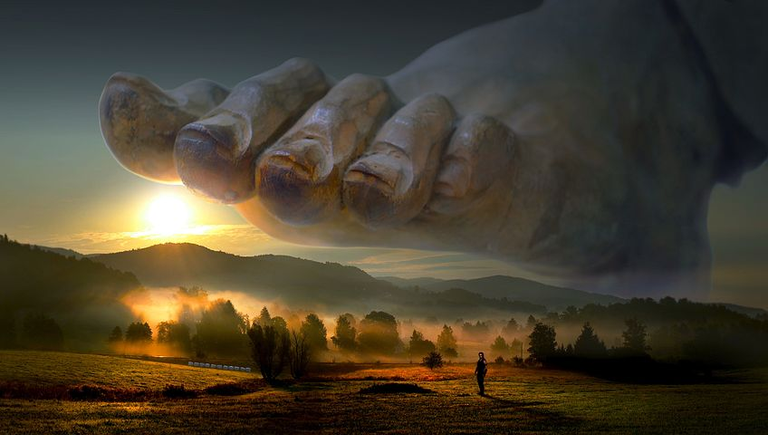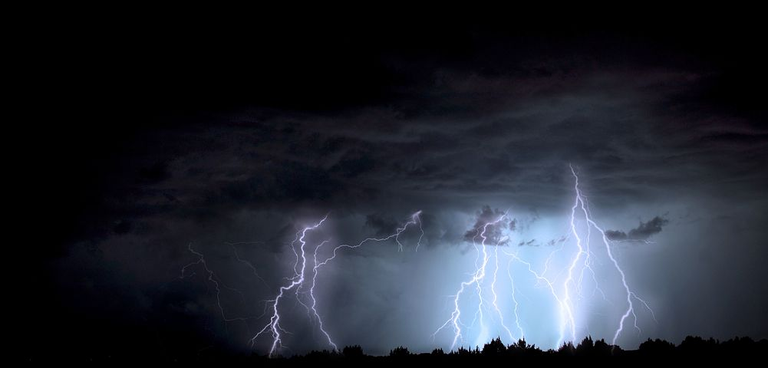
Power can be a tempting and seductive force. The desire for power and control over others is a natural human instinct that has driven individuals and societies throughout history.
However, when the desire for power becomes excessive, it can lead to the greed of power, a dangerous and destructive force that can have severe consequences on individuals and society.
What is the greed of power ?
The greed of power refers to the excessive desire for power and control over others, often at the expense of their well-being and rights.

It's driven by a deep sense of entitlement, superiority, and narcissism that blinds individuals to the harm they cause to others and the larger society. The greed of power can manifest in various ways, such as:
- Authoritarianism
the desire to have total control over others and suppress dissenting opinions or ideas.
- Corruption
Using power for personal gain, such as bribery, embezzlement, or nepotism.
- Intimidation:
using fear and threats to control and manipulate others.
- Abuse of power
Using power to harm, discriminate, or exploit others, such as sexual harassment, racial discrimination, or police brutality.
- Egoism
prioritizing personal interests and desires over the common good and the needs of others.
The greed of power can have significant consequences on individuals and society. It can lead to the erosion of democratic values, human rights violations, social inequality, and systemic oppression.
It can also cause individuals to lose their moral compass and sense of empathy, leading to harmful or unethical behavior.
What causes the greed of power?

The greed of power can be caused by various factors, including:
- Childhood experiences
individuals who experienced abuse, neglect, or trauma in their childhood may develop a deep sense of insecurity, mistrust, and a desire for control to compensate for their lack of safety and stability.
- Personality traits
individuals with narcissistic, psychopathic, or Machiavellian personality traits may be more prone to the greed of power, as they have a high need for dominance, admiration, and control over others.
- Socialization
societal norms and values that glorify power, wealth, and success can reinforce the desire for power and control over others.
- Environmental factors
individuals who have access to power and privilege may become more greedy for power as they feel entitled to maintain their status quo and resist any challenge to their dominance.
These are some of the causes that are known for greed of power. So analyze yourself and see if you have something from in yourself out of these.
Thank You